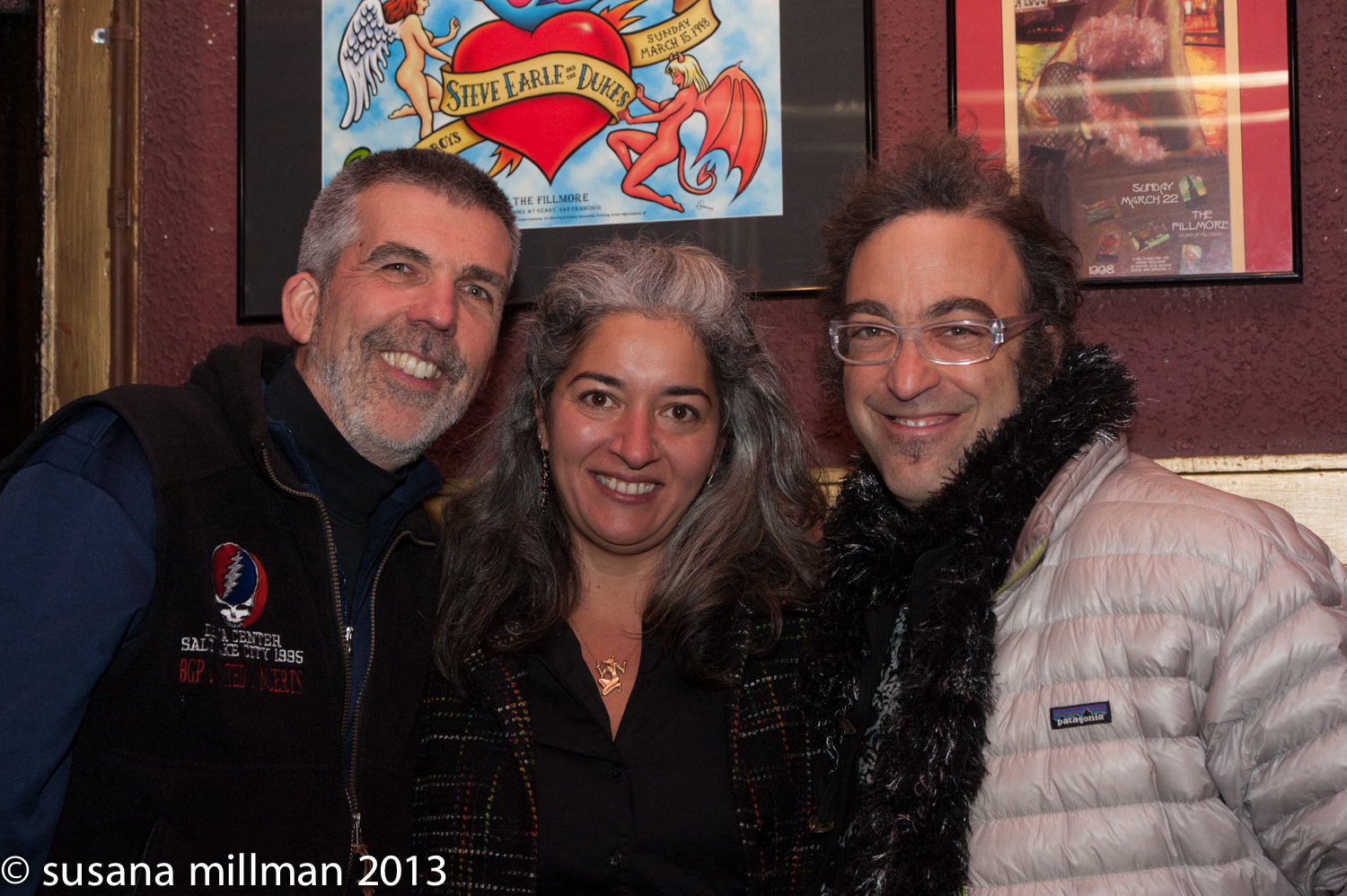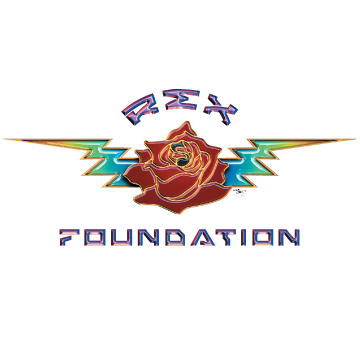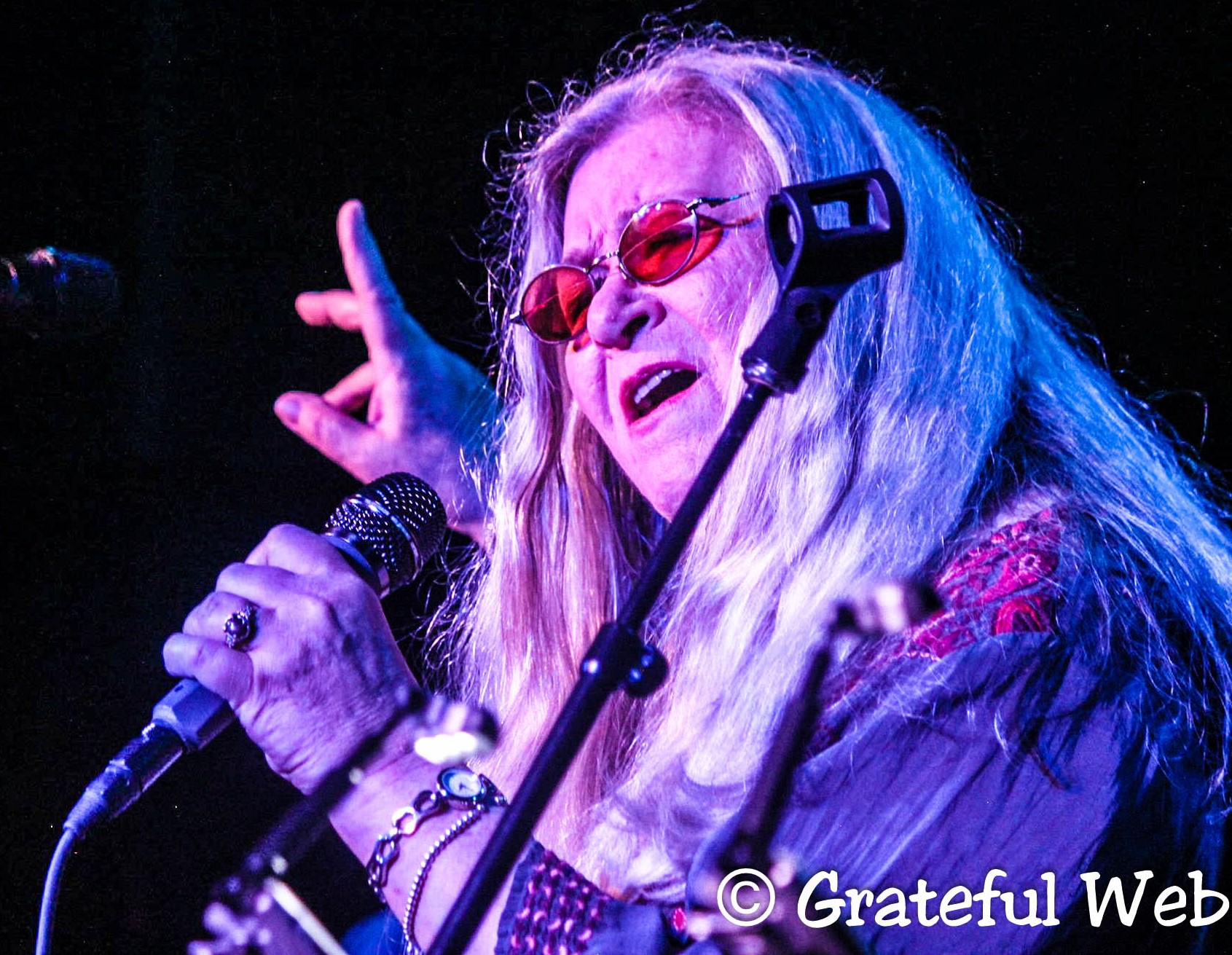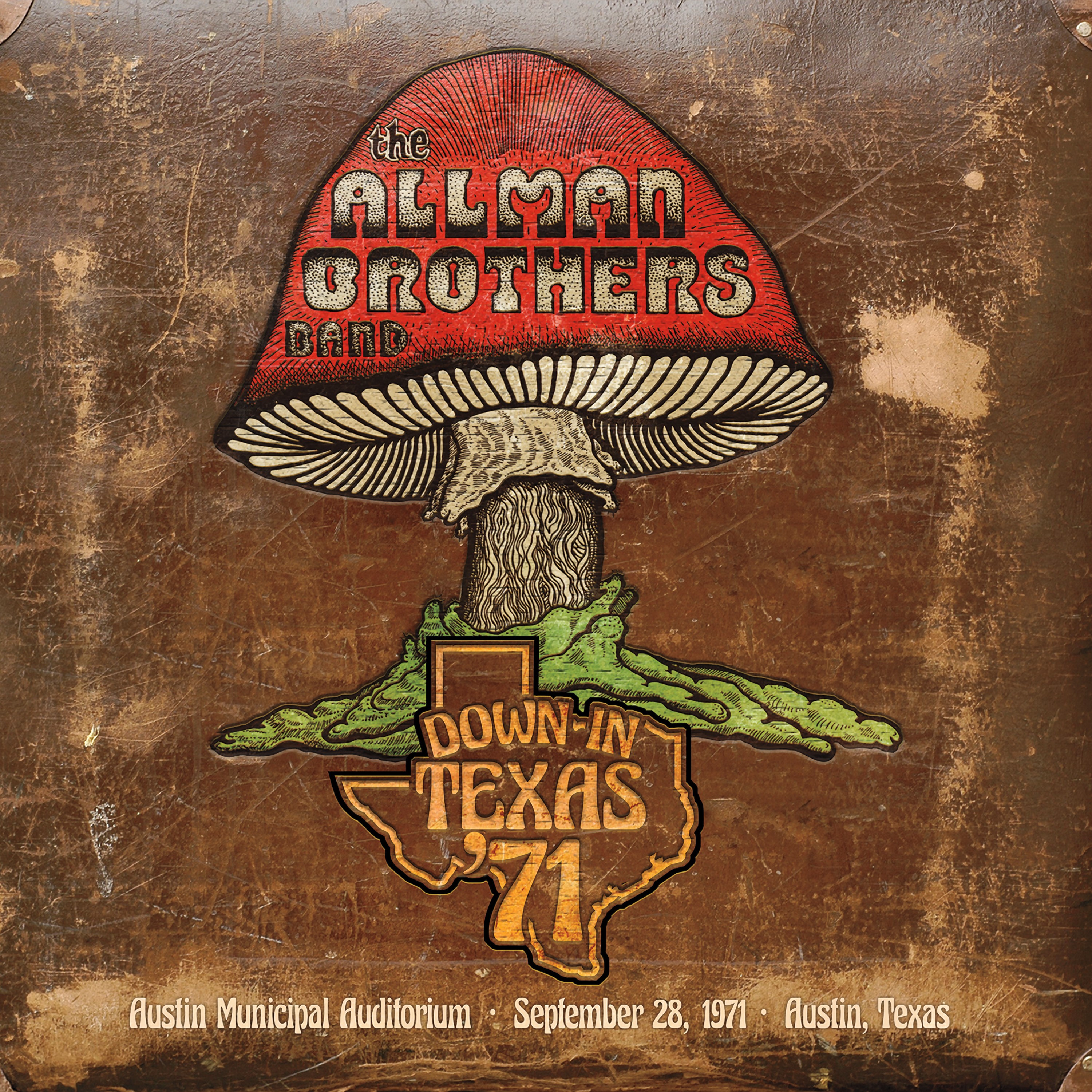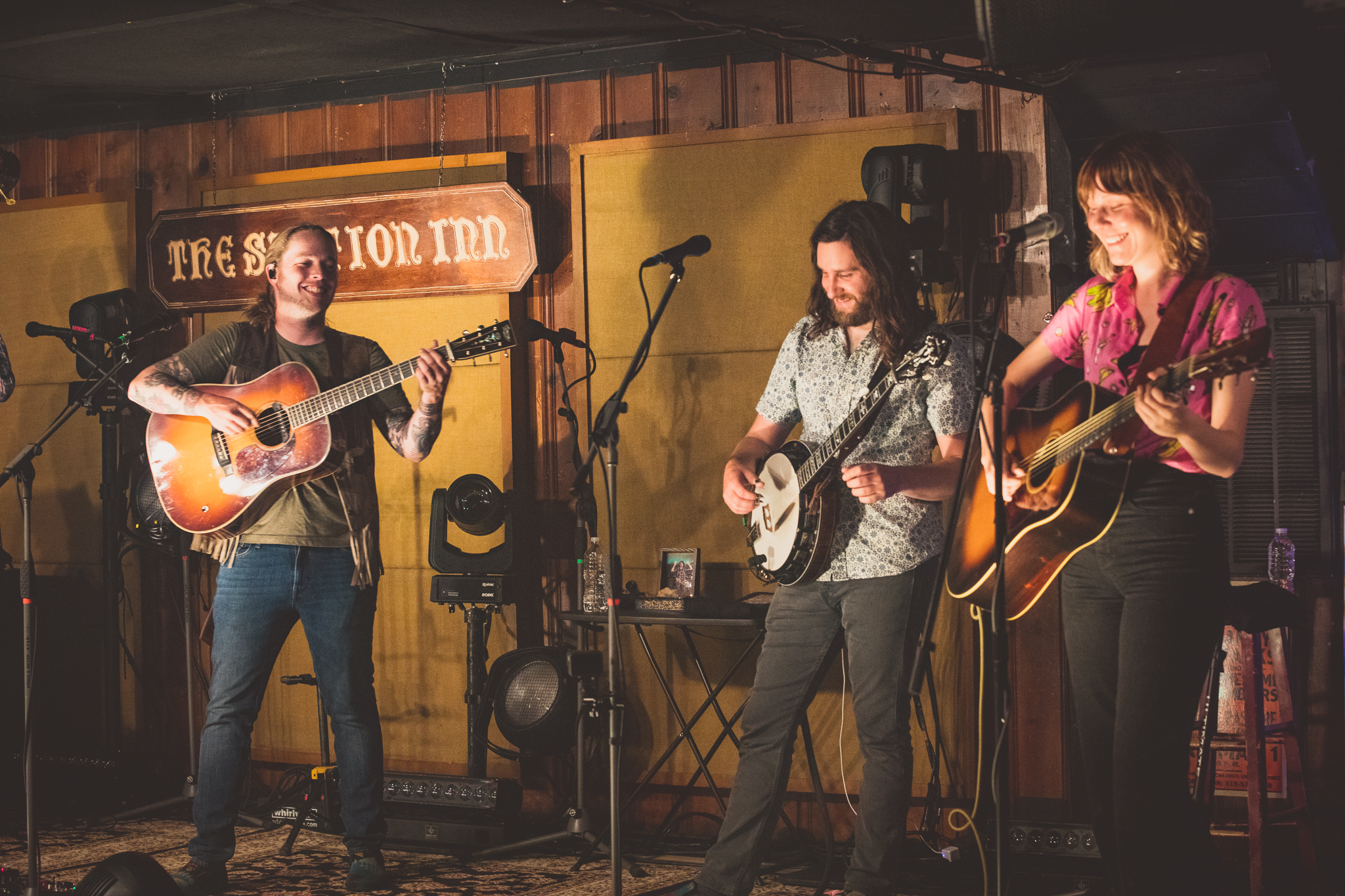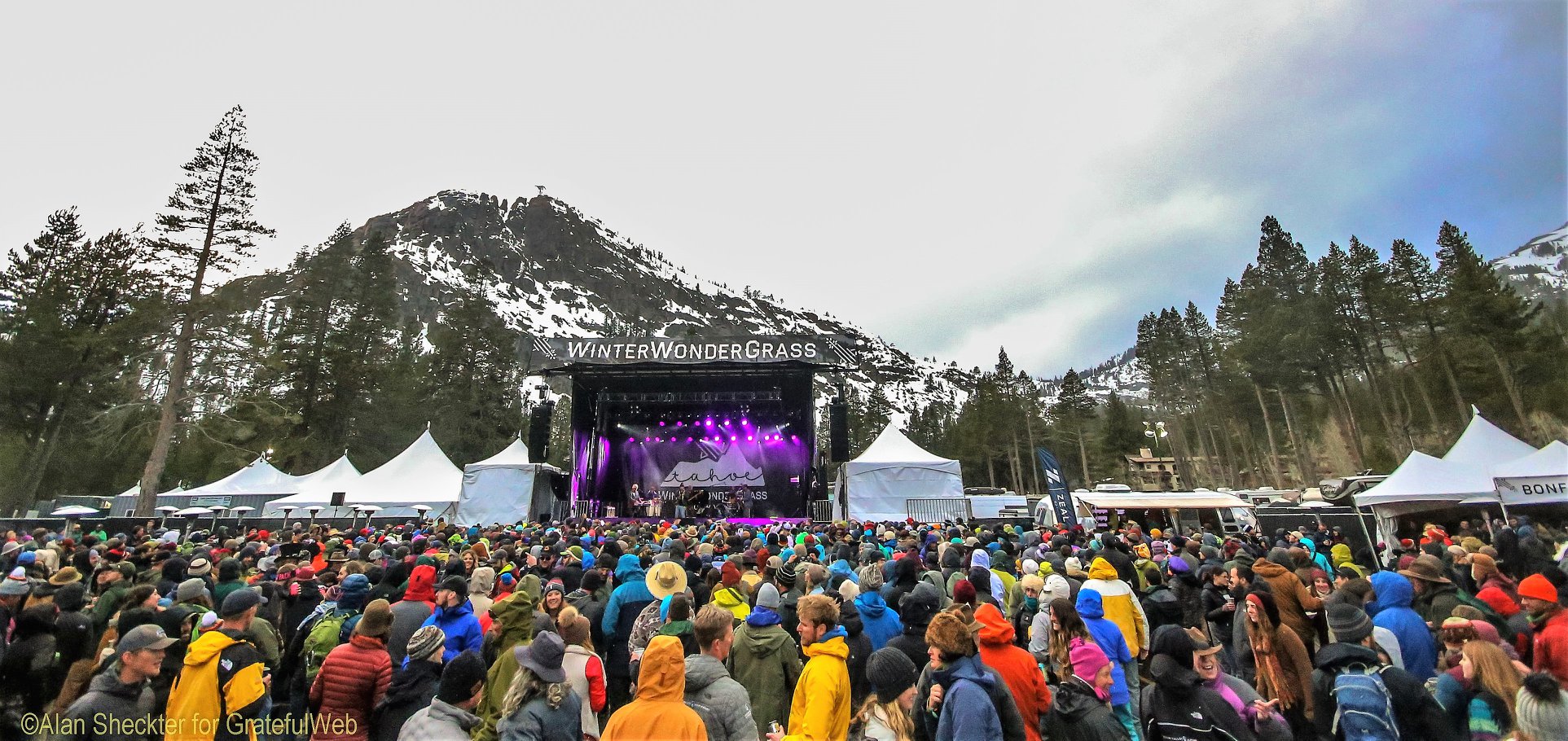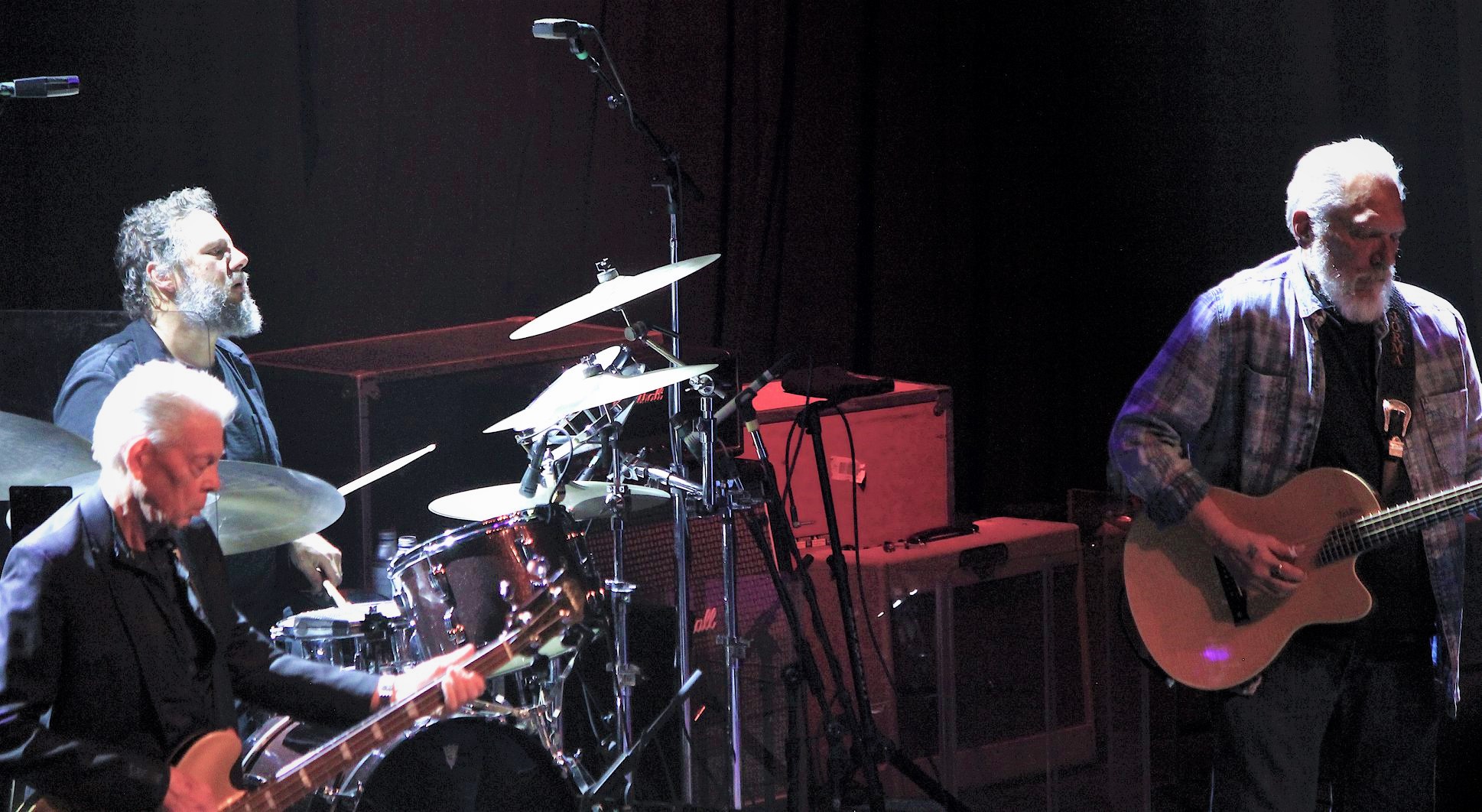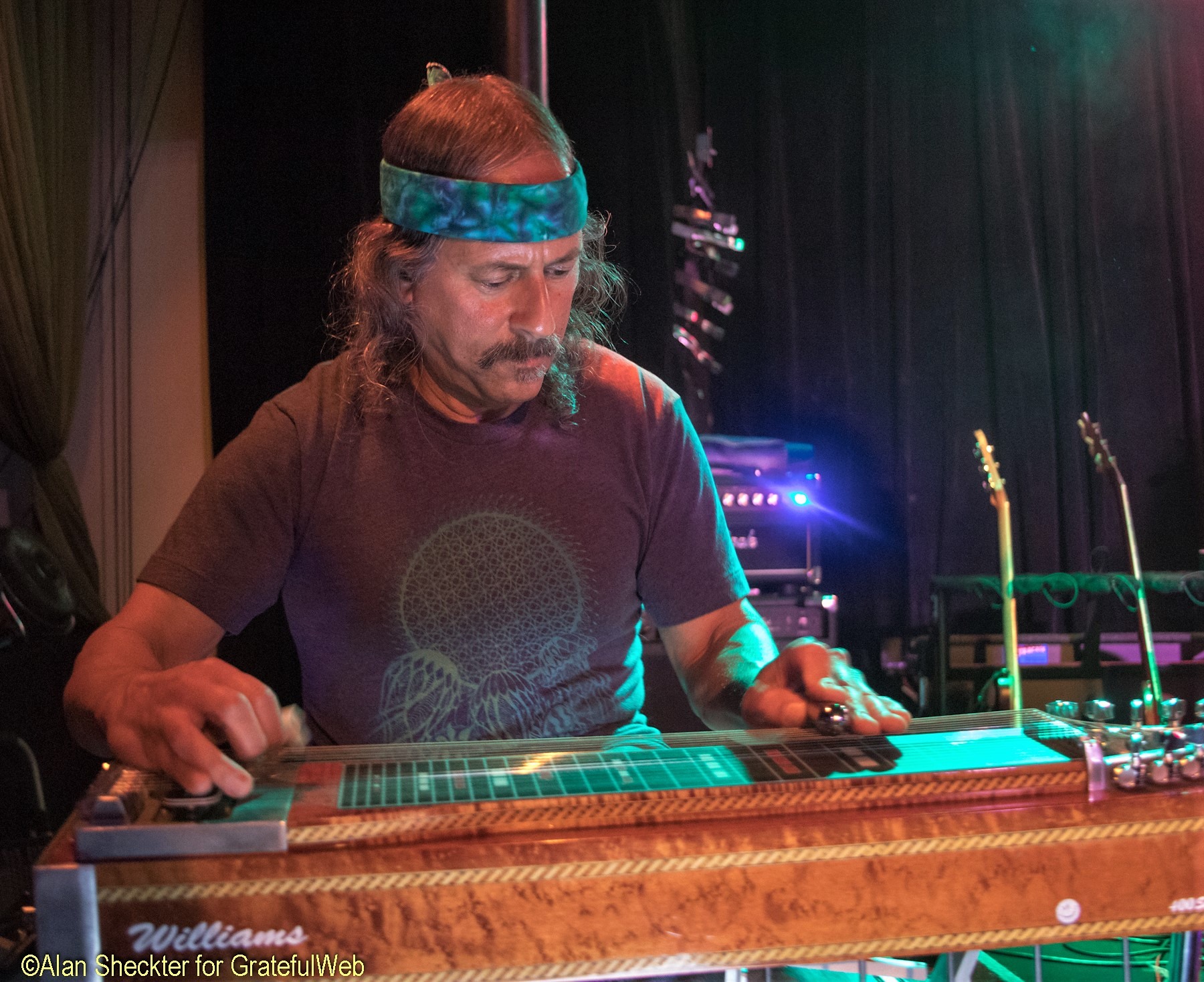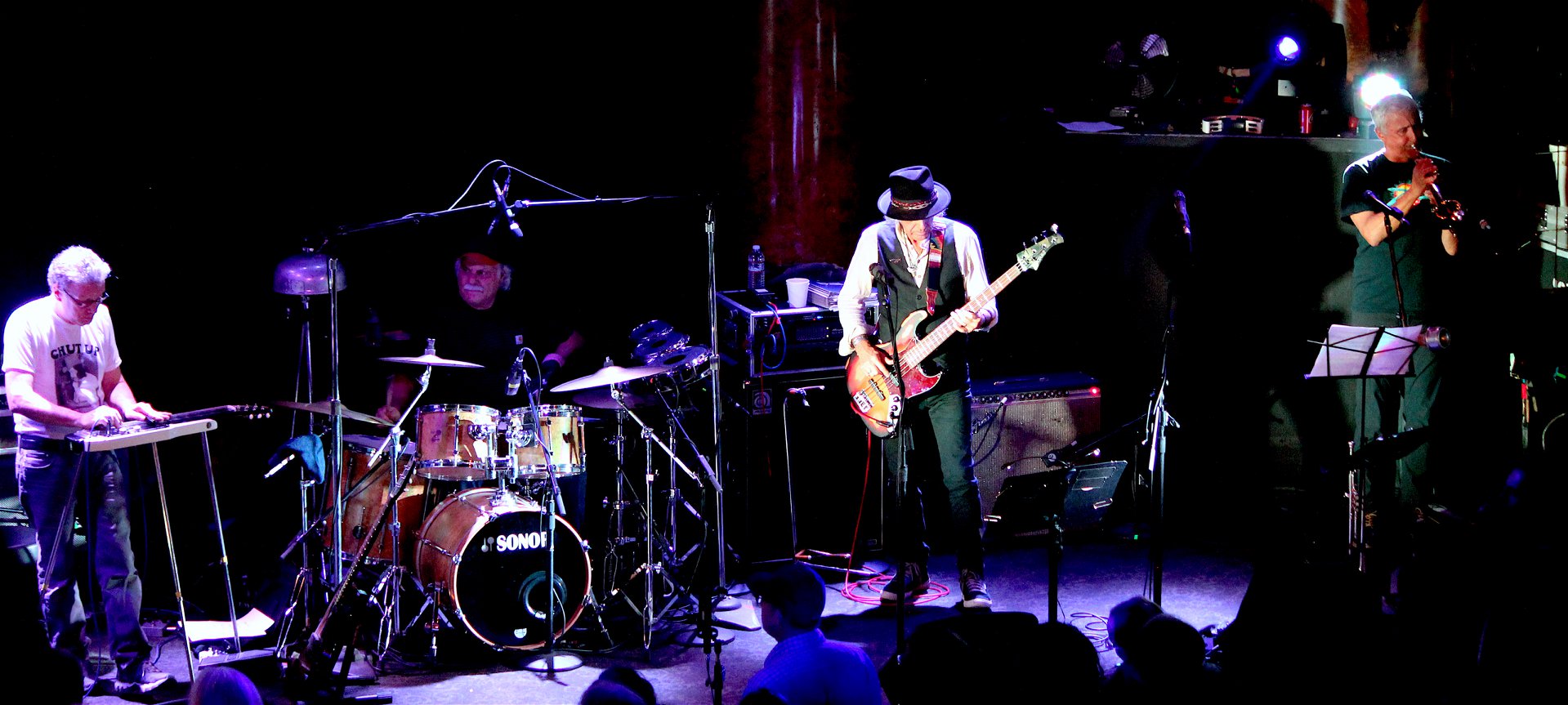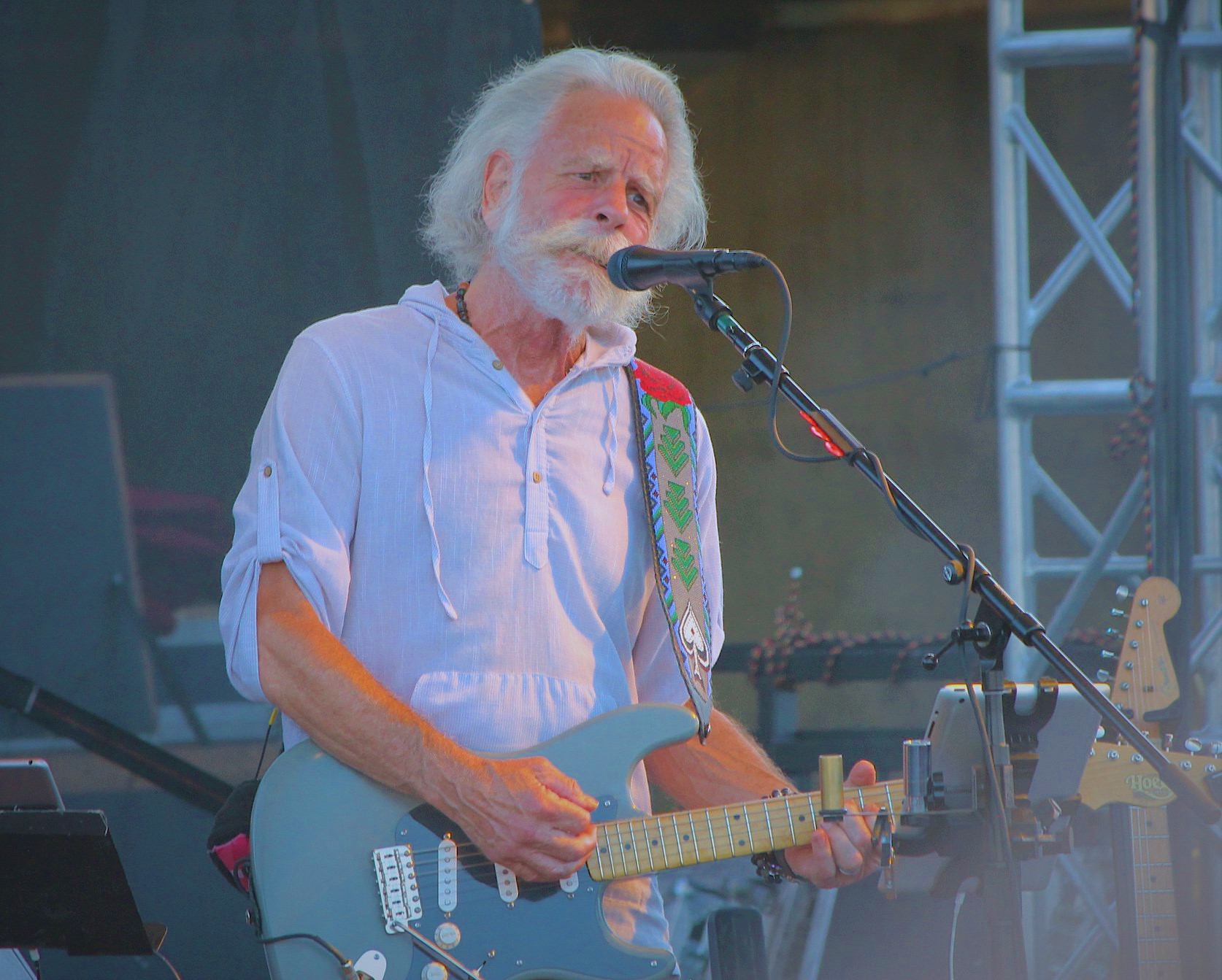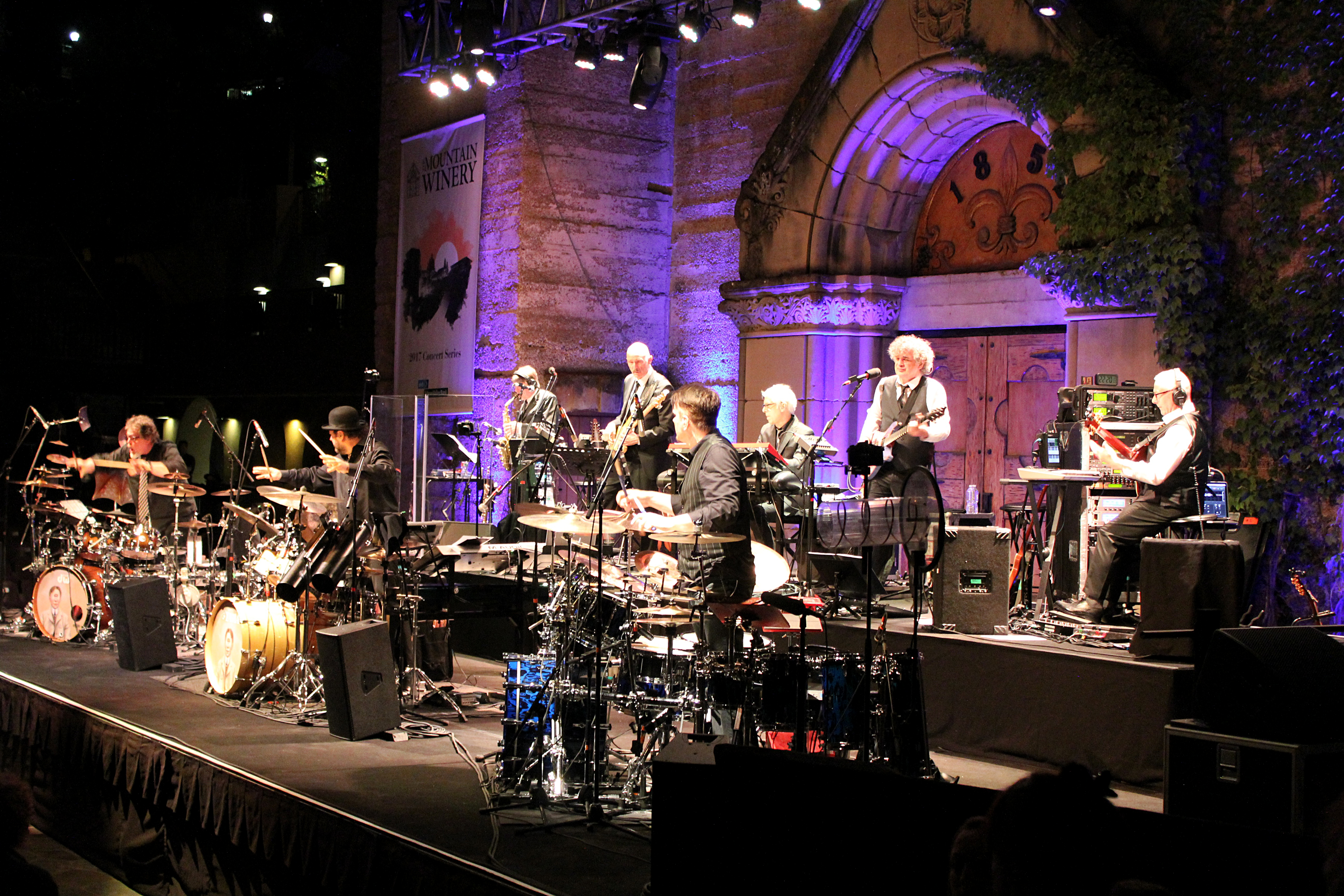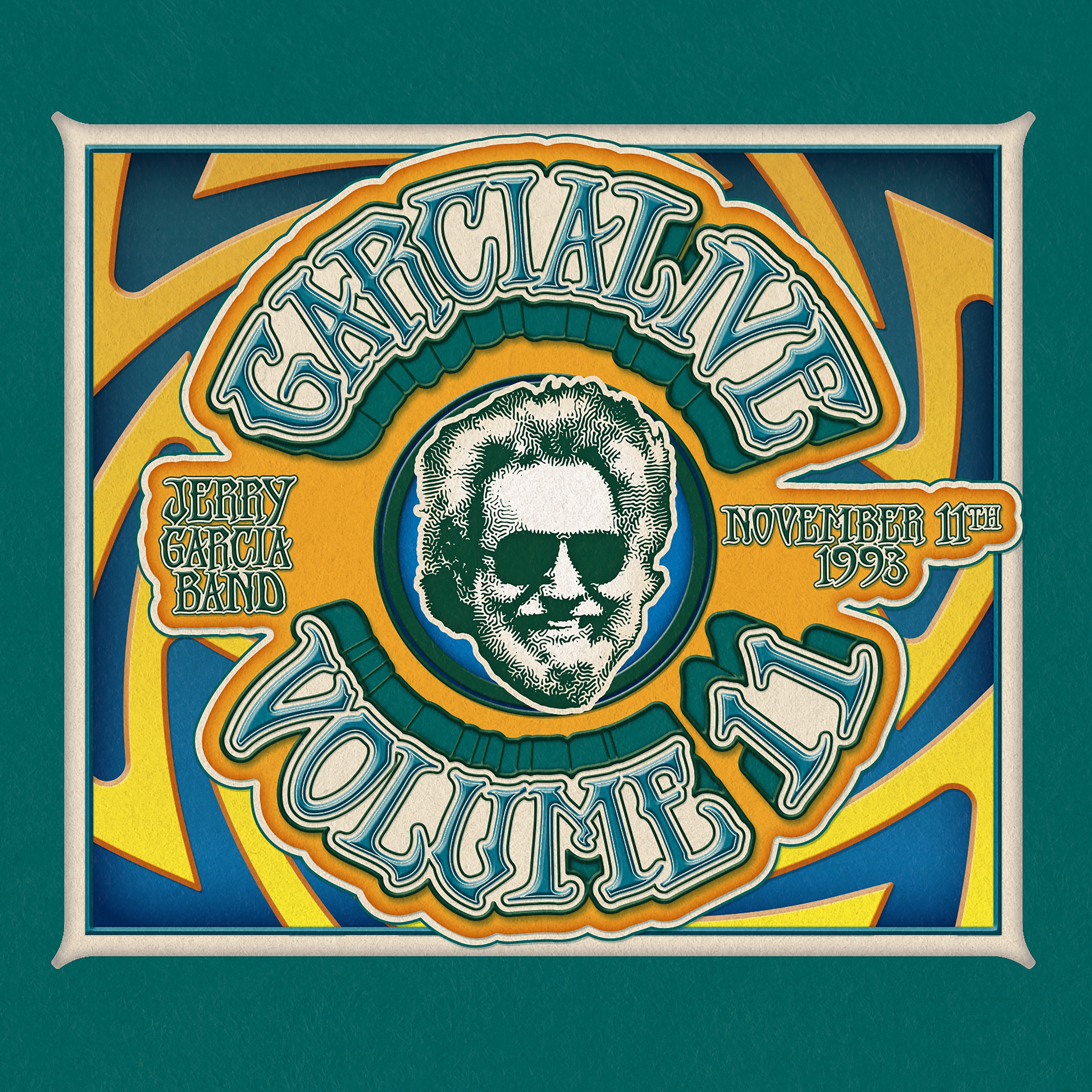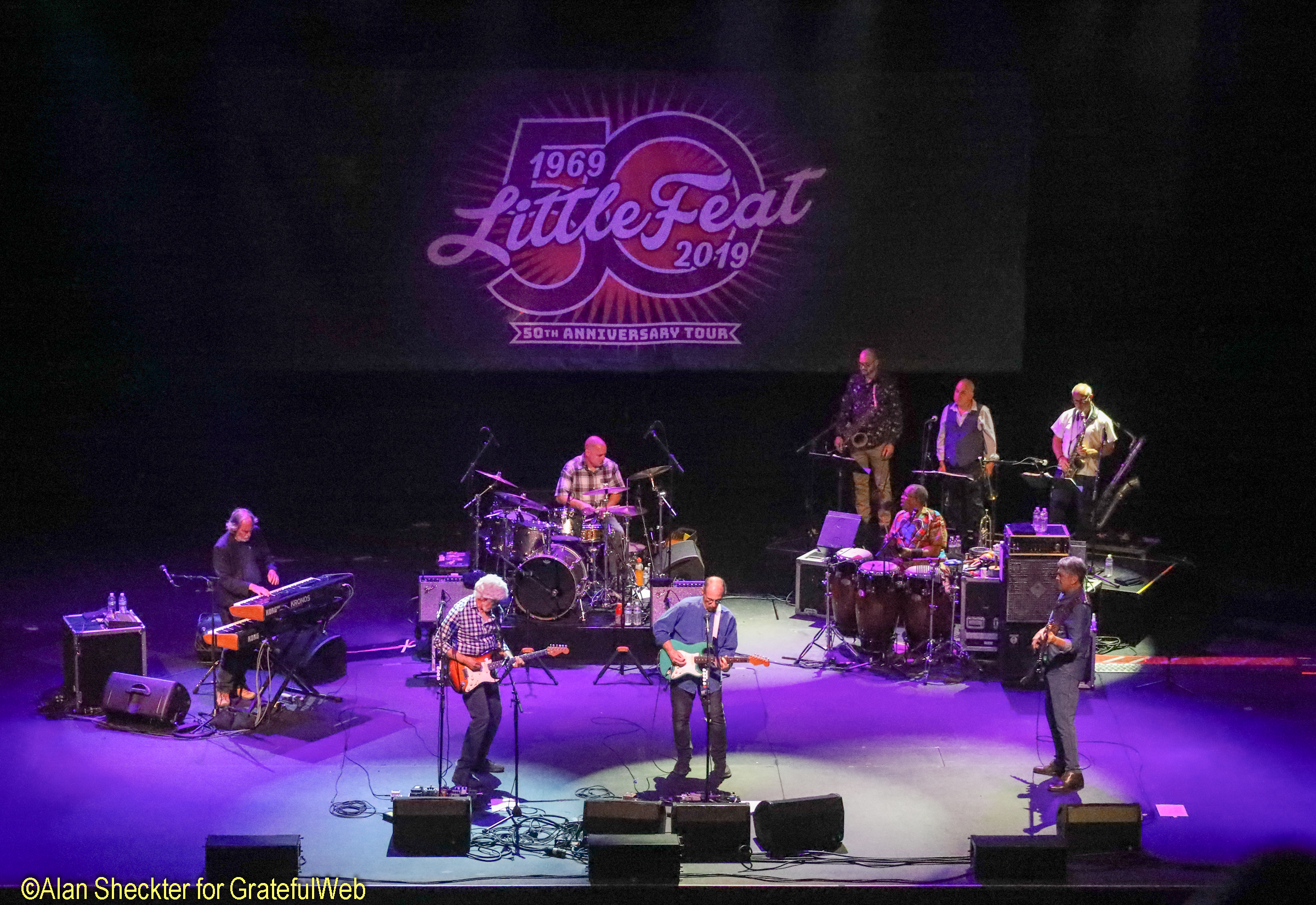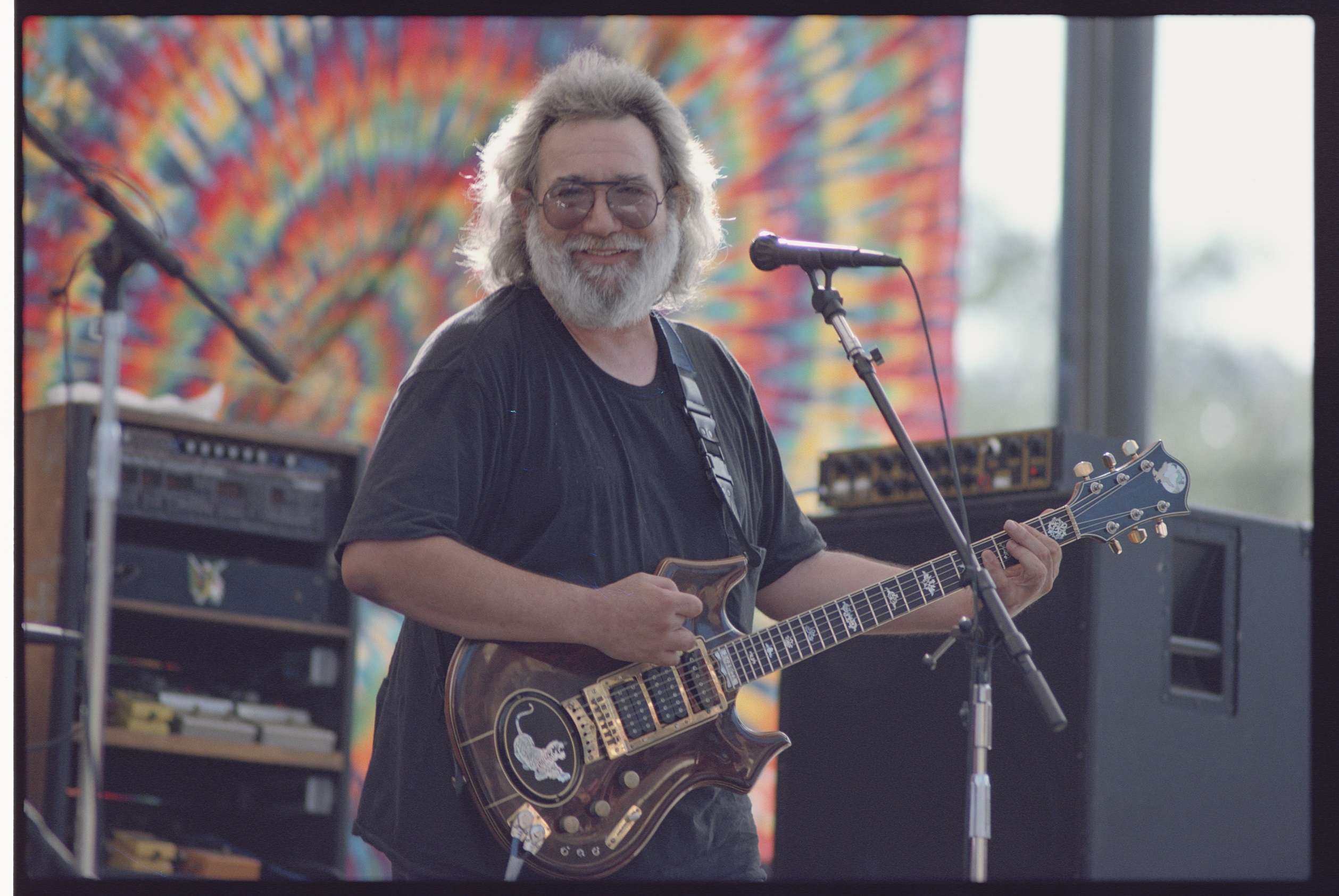Grateful Web recently had the pleasure of chatting with Cameron Sears, once tour manager who became the President/CEO of Grateful Dead Productions. He was recently appointed as the new executive director of the Rex Foundation. This pivotal charity rooted organization was formed in 1983 to foster the power of community, service, and the arts. The foundation was named after beloved roadie and Dead family member Rex Jackson who died in a tragic auto accident in 1976. Since its instillation the Rex Foundation has contributed to roughly 1,300 grantees nearing $10 million in donations. Though the Grateful Dead disbanded in 1995, the organization continues to thrive and sponsor worthy recipients.
GW: This is Dylan Muhlberg of Grateful Web. I am thrilled to be joined by Rex Foundation executive director Cameron Sears. His history with the Grateful Dead organization spans nearly three decades. We are here to chat about the continuing generosity of Rex Foundation and his roots with the iconic rock band. It’s a pleasure to have you with us, Cameron.
CS: I’m happy to be here. Thanks for having me on.
GW: Pleasure. First and foremost, let’s talk about the man the foundation was named after. Rex Jackson was father of your wife Cassidy. How do his family and the band remember Rex?
CS: I never had the pleasure of knowing him personally. He died before my time with the band. His presence radiated largely in the minds of the band and crew in the years after his death. When the Dead decided they wanted to start a foundation it was fitting to name the organization for him. They had all spent so many positive years with him over the preceding times.
GW: And they started a charitable organization in his name. What was the necessity in 1983 to found the foundation, all those years after his passing?
CS: There were a couple of factors involved. The band was getting inundated with requests to host charity benefits. It was becoming increasingly difficult to manage that process to everyone’s expectations. So the band was placed in the difficult position of deciding who to choose for these charity events. There were only so many shows in a year to dedicate to that effort. Over time they decided it would be a better system to do benefits for their own entity and how that money would be distributed. Being a little bit more proactive than reactive. That model has stood them well over time.
They also needed to set up a legitimate charitable organization for tax reasons. They needed to establish a non-profit entity. And I’m not 100% sure about this but to my knowledge this was the first time that a rock ‘n’ roll band had set up a 501 C3 specifically to distribute funds from benefit concerts.
GW: If not the first it was at least highly unconventional. It was a revolutionary idea. Your beginnings with the band came a few years later interestingly because then-manager Jon McIntire referenced you as a relative outsider. How and when did you come to be involved with the business of the Dead?
CS: Again Rex comes back into the picture. I was a river guide through college and contacted the band as a fan that was aware of their philanthropy. I was working to protect the Tuolumne River that flows out of Yosemite National Park. I wrote them after Rex had been established and asked them for grants. I invited them on a river trip with me so I could expose them to water politics in California. As you can imagine it’s quite a divisive issue in California. It’s always been a fight between agricultural and urban use. This river, in particular, had already provided all of the drinking water for San Francisco and some of the peninsula. The notion of putting one more dam would have made it a staircase of lakes from Yosemite all the way to the central valley. It all dates back to when John Muir was trying to protect the river from the building of the Hetch Hetchy dam.
The band didn’t make it but eventually, people from the office came. In particular, Danny Rifkin and I became fast and longstanding friends. We got a grant toward protecting the river and eventually it was successful. It was a great start to a great friendship. It wasn’t long after that until Jon [McIntire] took the helm of Grateful Dead Productions. He had gone on some river trips with me and asked if I would come in and help out with the organization.
GW: That’s serendipitous especially given the connection to fulfilling the grant previous to working with the band.
CS: I know! The whole thing was pretty wild.
GW: You came on board with the Dead in 1987. It was a landmark year for their commercial success and a big comeback for their touring. What was the state of their business? How did you integrate yourself into the organization?
CS: I started off being Jon’s assistant. We basically did everything together. At that point that the Dead were not utilizing agents. We used a series of promoters and co-promoters, John Scher on the east coast and Bill Graham on the west coast. Most of the activity was tour related although we did have a big hit record at the time that took the band into a different landscape than they had previously inhabited. There was a lot that went with that. More press, more appearances, interview requests, and their summer tours were getting larger. Stadium tours were becoming more consistent. The crowds were getting enormous, both in and out of the stadium, which created a whole set of challenging logistics for us.
Up until then, it had been a little more placid. We took more time to manage not only what went on inside of the show but on the outside as well. We were running all aspects of our production; our own ticketing operation, merchandising was doing well, we had a lot of pots on the stove.
GW: The Dead operated autonomously to a remarkable level. Let’s shift our focus onto the Rex Foundation. The history of the recipients of grants is so diverse. How do you go about seeking candidates for grants? Do they approach Rex?
CS: We have somewhat of a unique process in that we really don’t solicit any grant proposals from the outside. What makes our process special is that we operate on a word of mouth basis. We have a great board of directors. At inception, it was the band’s close friends. Through that network, we were introduced to many different enterprises that are doing great work that is in need of funding.
We get proposals from various organizations. Environmental foundations, schools, artists, on and on; all of these proposals come to us through people that have had some kind of first-hand interaction and seen it in process. We then go through a more formal process and ask more difficult questions, mostly budget-related stuff. If there’s an organization that only has $50,000 for example and they need more than that to achieve their vision and are doing good work, we figure out where we can help them accomplish more with a grant from Rex. If it’s going to make a difference in the way they do work then that’s money well spent.
We find that when we grant to organizations with smaller budgets, more of that money goes into direct programmatic elements and really has a strong result as a consequence.
GW: Excellent. And what’s most impressive to me is that the Grateful Dead disbanded in 1995 and Rex since then has still been steadily giving grants through charity events. The Fare Thee Well Grateful Dead concerts earlier this summer are a perfect example. There were events surrounding both the Santa Clara and Chicago shows. Would you mind sharing what’s current with Rex’s beneficiaries?
CS: Yeah. We had a great run of events in association with the last shows of Grateful Dead, which was a lot of fun. There are events scattered through the summer and fall but the biggest event of the year is in December at The Fillmore (San Francisco), which has become a semi-annual tradition at this point. I’m not at liberty to discuss who's going to be playing but it’s going to be really special and we’re very excited.
We’ve got support in other settings too. We have baseball teams that are doing Grateful Dead tribute nights. We have a very interesting project that’s happening in Venice, Italy. An organization that’s doing fundraising for non-profits in new and innovative ways is putting together an excursion for the arts. They’re taking twenty-five or thirty people along with some musicians including John Kadlecik, Nicki and Tim Bluhm who will host intimate concerts, potlucks, and nights out involving museum exhibitions that collect art from around the world to put on display in Venice. It’s a great opportunity for these artists and we’re excited to be a part of it.
GW: Yeah that is incredible. I was going to ask about Rex’s activity outside of the benefit concert realm and that’s great to know.
CS: We’ve had some success expanding our funding base from beyond just event-driven stuff. While we’re not a membership organization we do get donations from people all around the world. We’ve recently had some very generous bequests bestowed upon us from people’s estates that they included as part of their estate plan, which was really gratifying. So we keep doing the good work so we can extend grants to more organizations in need.
GW: It keeps the spirit in the vein of the Grateful Dead going. There have been so many incredible concert events over the years that were Rex Foundation benefits. Do any in particular stick out in your mind as especially impressive?
CS: I think the shows that the band played at the Greek Theatre were always very special. The Marin Civic, which were the first Rex Benefits. More recently was the Comes A Time benefit at the Greek Theatre, which celebrated [Jerry] Garcia, Robert Hunter, and really the Grateful Dead’s legacy in terms of musical contribution. There were a huge variety of musical participants that made it really great. We keep having the good fortune of getting musicians interested enough in what we’re doing to get up on stage and perform. We intend to keep on doing that.
GW: Is there anything else you would like to share about the Rex Foundation?
CS: There is a uniqueness of the Grateful Dead legacy and community that we’re all a part of. As you pointed out a big part of that was philanthropy and a sense of giving back. Rex has been a great vehicle for that. It’s built into who we all are. The board and myself want to maintain Rex for many years to come. We’re looking into a variety of ways of how we’re going to do that. We can’t do that without community participation. So I encourage everybody to get involved and check out our website and check out our mail list. Most importantly on the site you’ll get a history of not only the band and its philanthropy but also the fans and their philanthropy. It’s a big and exciting list that we’ve all together helped. Together we can keep doing it.
GW: I see great things happening because Rex is in the right hands and the community knows that it’s important to support these benefits. Thank you so much for taking time to talk about Rex Foundation and your history with the Dead.
CS: It’s my pleasure, Dylan.
You can learn more about the Rex Foundation by visiting their website.





